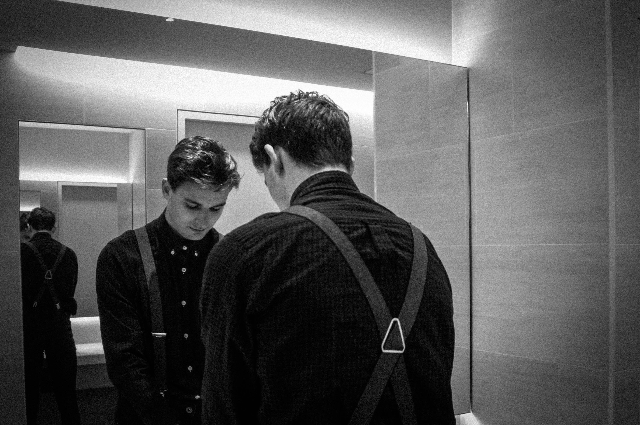
Who am I? The question echoes through history, whispered by philosophers, poets, and seekers of truth. It is the question that sent Socrates to the streets of Athens, led Buddha to abandon his royal life, and inspired countless artists to pour their souls onto canvas and paper. It is also the question that lingers in the quiet moments of our own lives—when we are alone with our thoughts, when the noise of the world fades, and when the masks we wear slip away.
But is there a final answer? Or is the search for identity an eternal journey, one with no fixed destination?
The Illusion of a Fixed Self
For centuries, humanity has grappled with the nature of identity. The ancient Greeks believed in the concept of the psyche—a soul that carried the essence of who we are. Eastern philosophies, particularly in Buddhism, teach that the self is an illusion, ever-changing and impermanent. In modern psychology, identity is seen as a fluid construct, shaped by experience, memory, and personal growth.
We often believe that if we could strip away all external influences—our jobs, our relationships, our roles in society—we would uncover some unchanging core. But what if there is no single, static self-waiting to be found? What if, instead, we are a river—constantly flowing, never the same in any given moment?
The Masks We Wear
From childhood, we are handed identities like costumes at a play. “You are smart.” “You are shy.” “You are strong.” We absorb these labels and wear them until they feel like second skin. But how often do we stop to question whether they are truly ours?
Jean-Paul Sartre, the existentialist philosopher, argued that we often define ourselves by external expectations rather than by our own essence. He believed that we are “condemned to be free”—forced to create ourselves, rather than uncover a predetermined identity. In his view, the self is not a thing we find, but a choice we make every day.
So, if our identities are choices, what happens when we realize we no longer want to be the person we once were?
The Courage to Change
True self-discovery is not about finding a single answer to the question of who we are—it is about accepting that we will always be changing. The person you were five years ago is a stranger compared to the person you are today. And the person you will be in another five years is someone you have yet to meet.
Buddhism teaches the concept of anicca—impermanence. Everything is in constant flux, including the self. To cling to a rigid sense of identity is to resist the natural flow of life. The only way to truly “find” ourselves is to embrace the fluidity of existence, to allow ourselves to evolve, to shed old skins when they no longer fit.
The Endless Search
So, does the search for who we are ever end? Perhaps the greatest realization is that it is not meant to. Life is not about reaching a final, absolute understanding of oneself, but about constantly growing into new versions of who we might become.
We are not fixed beings. We are stories in motion, constantly rewritten by our experiences, our choices, and our willingness to embrace the unknown.
So, if you find yourself asking, Who am I?, know that the answer is not a single word, not a single moment of clarity, but a lifelong conversation with yourself.
And that, perhaps, is the beauty of it.
